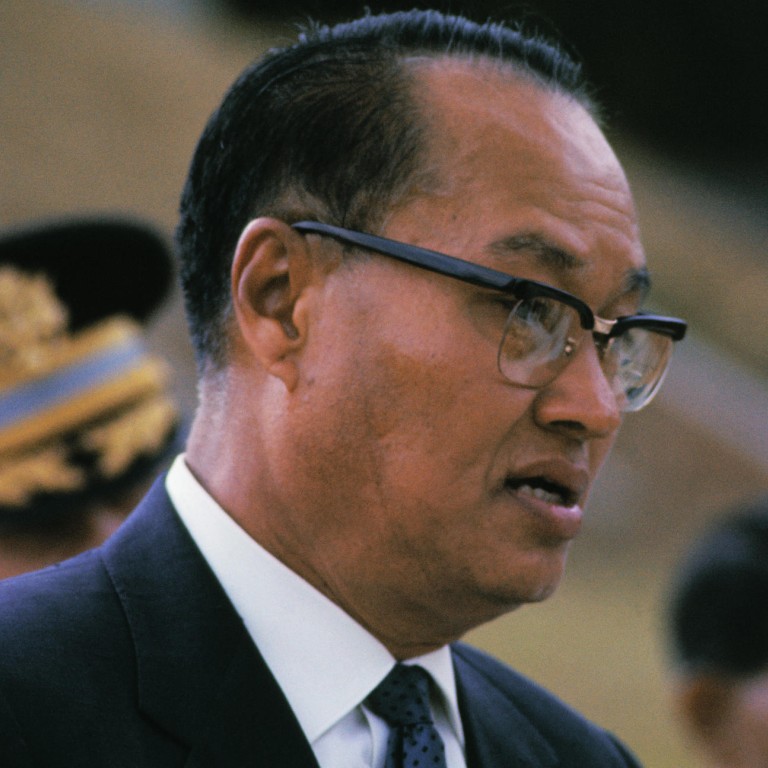
Book review: Golden Parasol, by Wendy Law Yone
Myanmar's chaotic history, full of coups d'état, human rights violations and civil wars, coupled with its sensitive current situation, make it easy to understand why the world has developed a growing fascination with the country.
by Wendy Law Yone
Chatto & Windus
4.5 stars
Myanmar's chaotic history, full of coups d'état, human rights violations and civil wars, coupled with its sensitive current situation, make it easy to understand why the world has developed a growing fascination with the country.
In Wendy Law Yone touches on several of these issues on both a personal and political level, creating a magnificent look into Myanmar.
Compiled with a plethora of historical sources, her own experiences as well as her father's manuscripts, Law Yone gives her interpretation of the tumultuous life of an influential man: her father, Edward Law Yone, who launched , which would become the most influential English-language newspaper in Myanmar.
Wendy Law Yone is the author of several books, mother of four children, wife of three husbands, and a woman who was flung into the most troubling period of Myanmese history.
The book begins in 1948, a year that was momentous for both the Myanmese (or Burmese as they were known then) and the Law Yone family. This was the time of Myanmese independence from Britain and the year Law Yone's father started .
Suddenly, when Law Yone was 15, life as she knew it drastically changed. Not only did the military coup headed by General Ne Win overthrow the nationalist government under U Nu, but the new regime arrested her father; he would only be set free five years later.
As a result, Law Yone's hopes for an education abroad were crushed, leaving her deeply conflicted. In the time her father was in "protective custody", Law Yone found love with the son of a famous medical missionary: Gordon Seagrave.
In an attempt to escape Myanmar to be reunited with her love, she was arrested with her brother and detained for 10 days before she was allowed to leave the country. For this, her father would never forgive Ne Win.
When her father was released from prison, he brought his family to Thailand and began creating a government in exile with former prime minister U Nu. This proved to be futile and he left for the US to join his family.
However, Law Yone documents that in her father's years in exile, especially in the US, he never found the true happiness that he had in his home country.
In this memoir, Edward Law Yone is portrayed the way most knew him: as the creator and editor of and an instrumental Myanmese politician. But he is also shown as an unconventional father.
An easy and captivating read, defined by its striking writing style and unusual characters, this book delivers a riveting experience in its 300 pages.
Though a daughter's memoir above all else, it balances on the fine line between sentiment and detachment. However, Law Yone is able to bring forth "one big tear" (as her father would say) through several touching chapters.
The most memorable of these is the last chapter: . As comes to an end, so does her mother's life.
Law Yone describes her reconciliation with the older woman's life and sudden death by revealing her mother's origins and combining that with the author's own spiritual experience involving a tiger.
This book may require a little prior knowledge about Myanmar but by opening readers' eyes to the beauty and struggles of the country, it ignites a passion to learn more about Edward Law Yone's beloved homeland.
